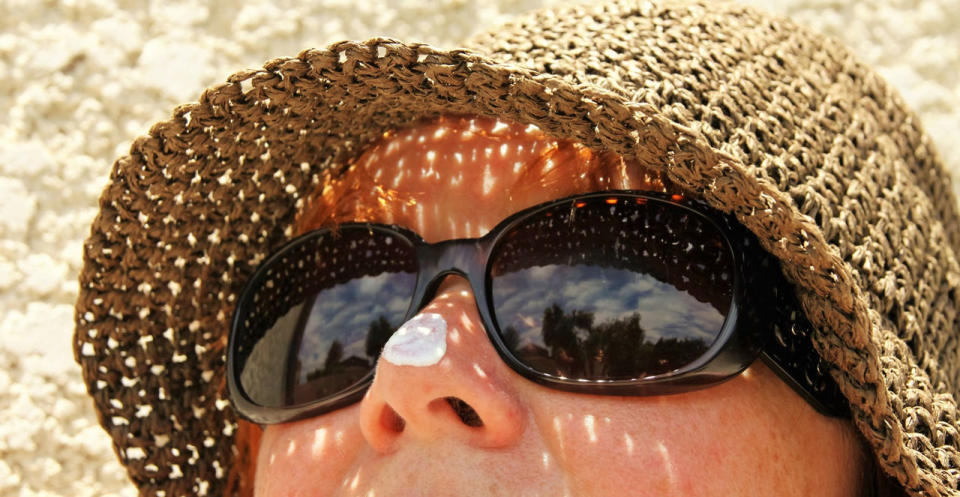Overexposure to UV is the main cause of skin cancer so avoid too much sun

Excessive exposure to the sun’s ultraviolet light is the main cause of skin cancer, one of the top 10 cancers in Singapore.
“This may be due to long term exposure, or short periods of intense sunburn,” says Dr Kiattisa Sommat, Consultant, Division of Radiation Oncology, National Cancer Centre Singapore.
Skin cancer can also be caused by ultraviolet light from artificial tanning sunlamps.
Light-coloured skin, a history of sunburns, skin prone to moles, a weakened immune system, and family history of skin cancer are some of the risk factors associated with skin cancer.
There are two main types of skin cancer, non-melanoma and melanoma, of which non-melanoma skin cancer is the sixth and seventh most common cancer among males and females in Singapore respectively, according to the Singapore Cancer Registry Annual Registry Report 2015. The two most common types of non-melanoma skin cancer are basal cell carcinoma and squamous cell carcinoma.
Melanoma is an uncommon type of skin cancer in Singapore, but when it occurs, it is serious and deadly because it tends to spread throughout the body.
What are the symptoms of skin cancer?
Skin cancer usually develops in sun-exposed areas of the body such as the scalp, face, neck, ears, hands, arms and lower legs. However, it can also develop in other areas such as the genitals.
Symptoms differ according to the type of skin cancer.
Basal cell carcinoma:
Skin-coloured nodule with tiny blood vessels and pigmentation
A flat, brownish scar-like lesion
Squamous cell carcinoma:
A firm, red-coloured nodule
A flat lesion with a crusted surface
Melanoma
Brown/black patch that is asymmetrical in shape and has an irregular border
An existing mole that changes in shape/size/colour
Consult your doctor if you notice any new growths or skin changes that seem abnormal and worry you.

How is skin cancer treated?
Skin cancer can be cured if it is detected and treated early. Surgery (e.g. excision, curettage and electrocautery) is the main method of treatment.
Non-surgical alternatives include:
Radiotherapy – radiation is used for areas difficult to treat surgically.
Cryotherapy – liquid nitrogen is used to freeze off cancer cells.
Photodynamic therapy – this uses a light source and special cream to destroy cancer cells.
Can skin cancer be prevented?
Yes, skin cancer is highly preventable. “Sun protection remains a crucial component to preventing skin cancer. Sun avoidance, the use of sun protection devices such as sunscreens and sun-protective clothes are helpful,” says Dr Sommat. “In addition to sun protection, skin self-examination is important to help early detection of skin cancer.”
More from the author:


